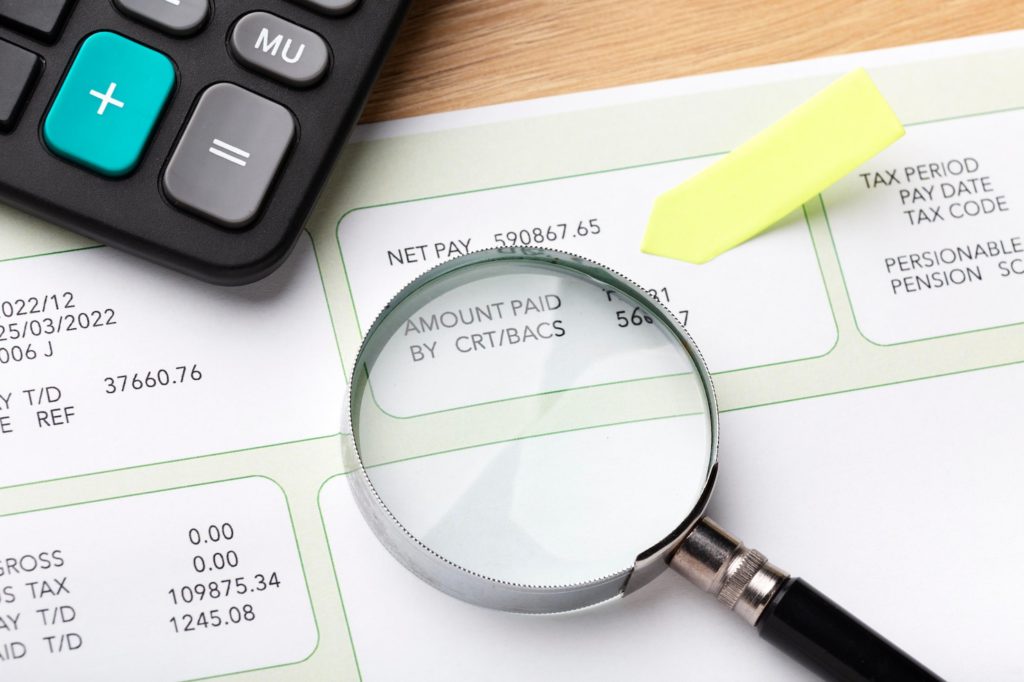Introduction The taxation of capital gains is a fundamental aspect of Canad......
Author Archives: Tax Partners
Introduction In Canada, there is no direct gift tax, meaning that giving or......
Introduction Canada’s tax system offers significant incentives for small ......
Introduction The ability for Ontario real estate agents to incorporate unde......
Introduction The shift to remote work, accelerated by the COVID-19 pandemic......
Introduction Succession, estate, and tax planning play a crucial role in pr......
Introduction Incorporating a business is one of the most common and effecti......
Introduction Underwriting plays a crucial role in the insurance process, in......
Introduction Life insurance is an essential tool to safeguard your loved on......
Introduction Life insurance is designed to provide financial security and p......











